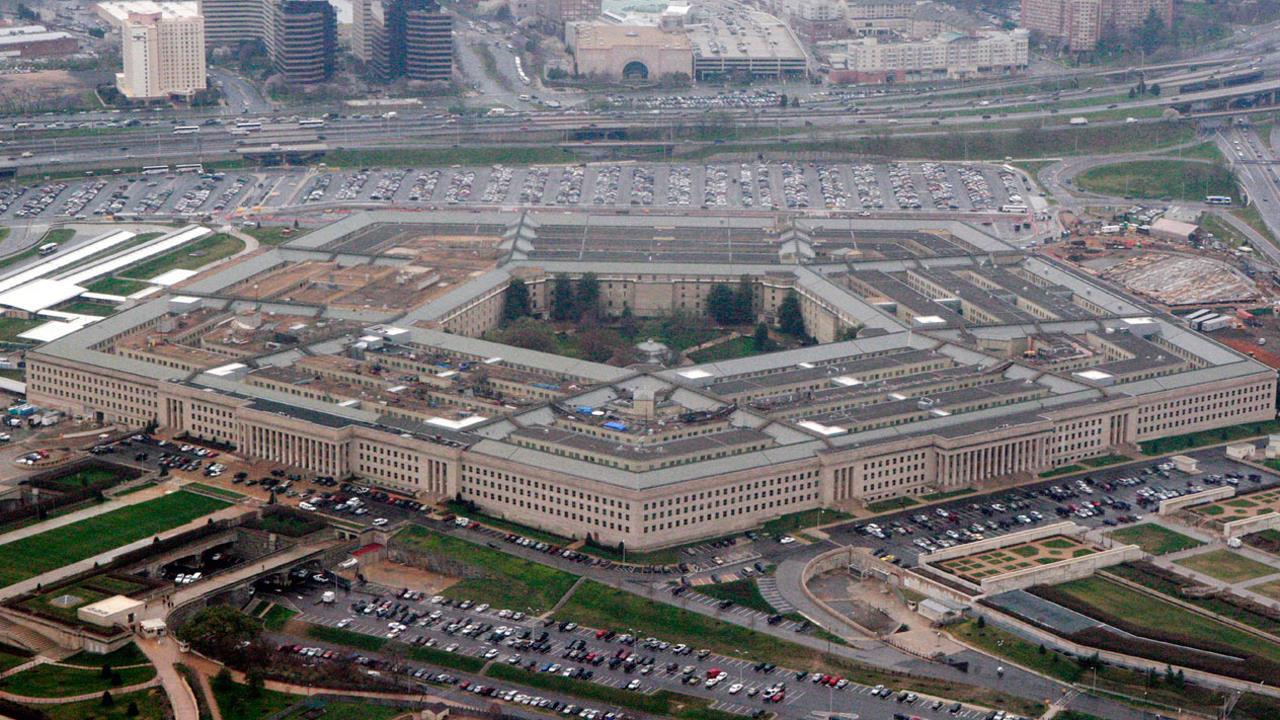Military experts beg Congress to quit ‘shenanigans,’ say budget battle hurts readiness
Republicans were hoping to vote on another stopgap budget measure on Thursday to avoid a government shutdown, White House sources told FOX Business. But while some near-term issues can be averted with another continuing resolution (CR), the U.S. military could be negatively affected.
“Nothing has had a greater impact on combat readiness than CRs … and at a time when security threats are high, we really do need the predictability and the budget certainty that we don’t have with CRs,” chief Pentagon spokesperson Dana W. White said during a press conference last month.
With another CR, funding will continue at 2017 levels, which poses a number of distinct challenges as the military seeks to advance new projects and strategies.
“The biggest problem is that while a budget increase was approved, that’s not going into effect yet,” Rebecca Grant, military analyst and president of IRIS Independent Research, told FOX Business. “When you add that to having had years of sequestration and CRs, we’re supposed to be improving readiness [but] the budget shenanigans are holding us back.”
Training plans, maintenance programs and acquisitions can all be halted without new appropriations. Additionally, plans for contracts may be put on hold, which can impact the military’s ability to meet combat commanders’ requirements.
"What the CR says is, 'Stop, wait, don't award that contract yet,'” David Norquist, comptroller at the U.S. Department of Defense, told reporters.
For the U.S. Air Force, another CR will cut funding for 4,000 airmen and eliminate more than $2 billion in operations and maintenance, according to Grant.
Continuing resolutions also waste military dollars. U.S. Navy Secretary Richard Spencer said the branch has squandered $4 billion since 2011 due to the use of CRs in lieu of concrete budget appropriations.
“We have put $4 billion in a trash can, poured lighter fluid on it, and burned it,” Spencer said in December. “Four billion is enough to buy a squadron of F-35s, two Arleigh Burke-class destroyers, 3,000 Harpoon missiles. It’s enough money to buy us additional capacity that we need. Instead, it’s lost, because of inefficacy in the ways of the continuing resolution.”
Underlying the budget battle is the national defense strategy laid out by President Donald Trump last month, which included not only an expansion of the military, but also economic strength and trade policy reforms. Meanwhile, under the sequester, the Pentagon faces a spending limit for the coming fiscal year of $549 billion, which is less than the amount requested in the fiscal-year 2018 defense budget.
“There’s no question that [Trump’s military strategy] is quite ambitious,” Christopher A. Preble, vice president for defense and foreign policy studies at The Cato Institute, told FOX Business. “There’s a gap between what we ask them to do and the resources we’ve provided.”
Preble said given the current situation, there are only two options: increase resources or change the strategy.
In order to increase resources, Congress would need to vote to raise the budget caps, put in place under the Budget Control Act (BCA) of 2011, or get rid of them entirely.
“If sequestration happens, it’s a cut of $52 million to the FY ‘18 budget. It negatively impacts readiness and our lethality,” White, the Pentagon spokesperson, said.
While Preble is in favor of changing the strategy and thinks the military can efficiently operate within the confines of the budget caps, Grant believes they should be eliminated so the U.S. military can keep up with emerging threats, including those from Iran, Russia and China.
“These budget caps don’t reflect today’s strategic reality,” she said. “We can’t keep pace with military developments around the world and do this childish budgeting process.”
The overall budget battle on Capitol Hill is not chiefly focused on military spending, centering instead on issues like funding for immigrants who entered the U.S. as children, otherwise known as “Dreamers.” Yet, the stopgap measure that could be put up for a vote on Thursday does not even address that Democratic concern, kicking the can down the road instead.
“We know that the gridlock right now is kind of [about other issues, but] it’s wrong to have our military suffer,” Grant said.
A government shutdown will be devastating to our military...something the Dems care very little about!
— Donald J. Trump (@realDonaldTrump) January 18, 2018
Republican leadership has expressed confidence that agreement on a CR will be reached before the Friday deadline. Trump, however, addressed the possibility of a shutdown in a tweet Thursday morning, saying it would be "devastating" for the military.




















